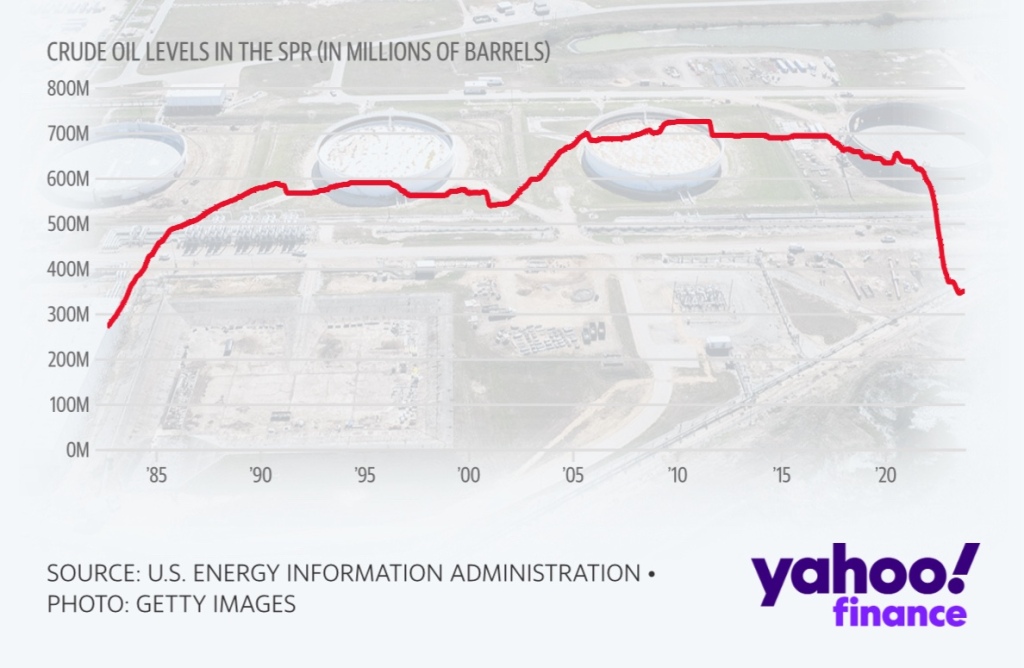[2017] Trump’s Budget Delivers Big Oil’s Wish: Reducing Strategic Petroleum Reserve
While most observers believe the budget will not pass through Congress in its current form, budgets depict an administration’s priorities and vision for the country. Some within the oil industry have lobbied for years to drain the SPR, created in the aftermath of the 1973 oil crisis.
…
Exxon, as well as the American Petroleum Institute (API) and the Independent Petroleum Association of America (IPAA), have long lobbied for a drawdown of SPR‘s supply, according to lobbying disclosure records reviewed by DeSmog. They supported two key bills, proposed but never passed by Congress: H.R. 4136 in 2012 and S. 1231 in 2015.
H.R. 4136, lobbied for by Exxon, API, and IPAA**, says that the Strategic Petroleum Reserve can only be tapped if more federally owned public lands and waters were leased to the oil and gas industry. S. 1231, the Strategic Petroleum Reserve Modernization Act of 2015, called for a Department of Energy study of the SPR “to determine options available for [its] continued operation,” to be completed 180 days after the bill’s passage.
…
“[T]he SPR is unnecessary in the first place. Private inventories and reserves are abundant, and open markets will respond more efficiently to supply shocks than federally controlled government stockpiles,” wrote Loris, who began his career as an associate for the Charles G. Koch Charitable Foundation. “Congress should authorize the Department of Energy to sell the entire inventory, using the revenues solely for deficit reduction.”



You must be logged in to post a comment.